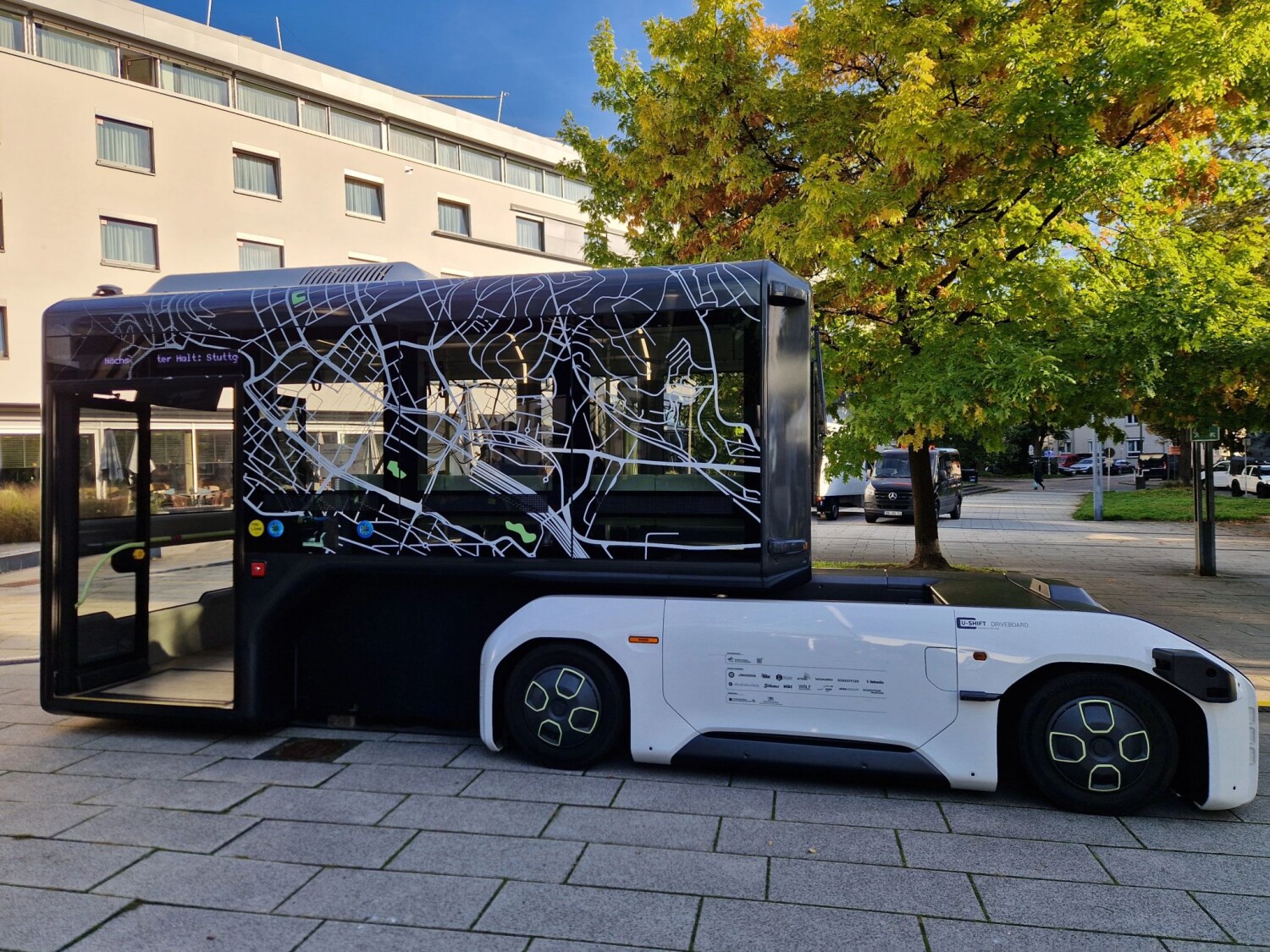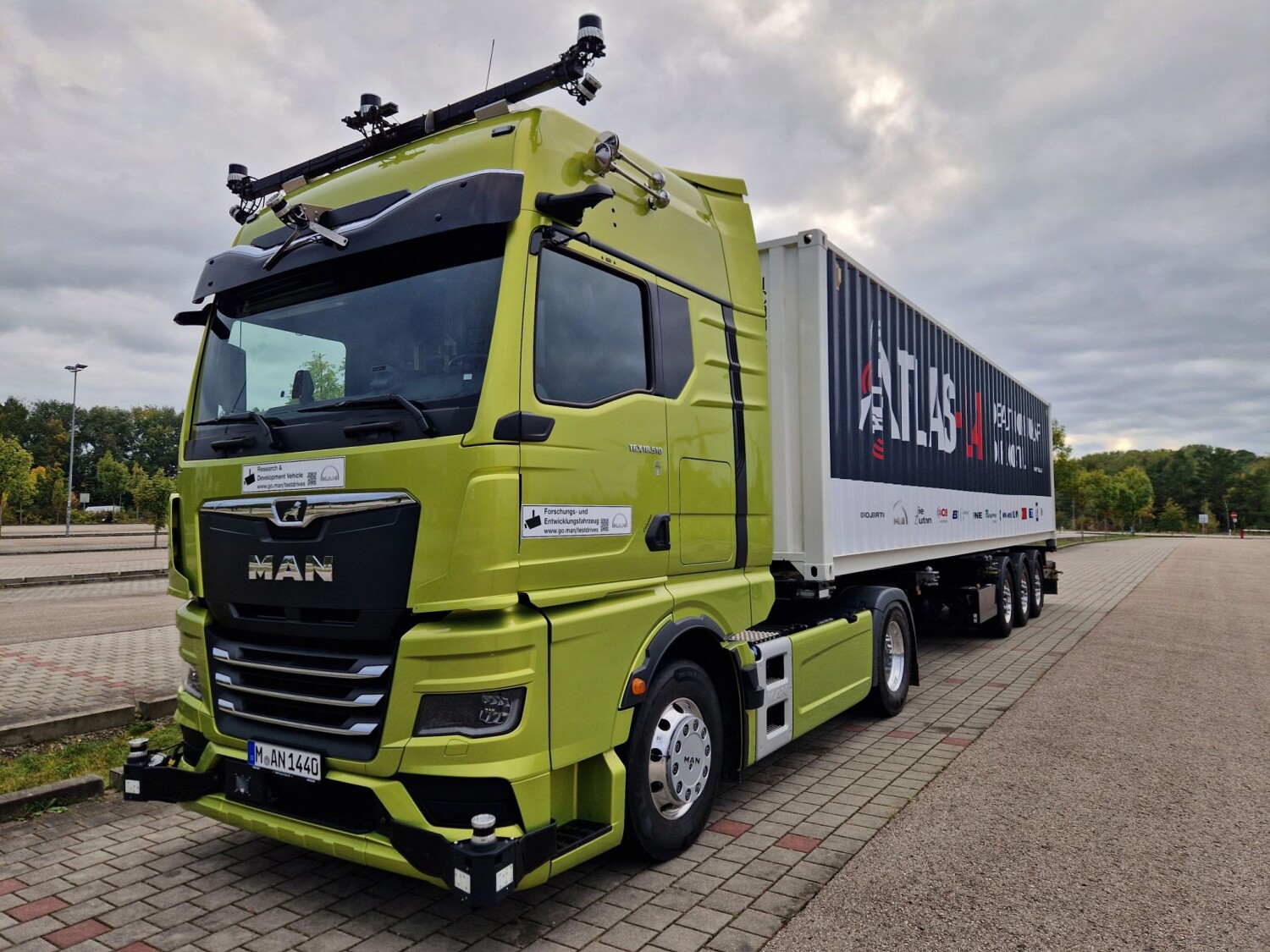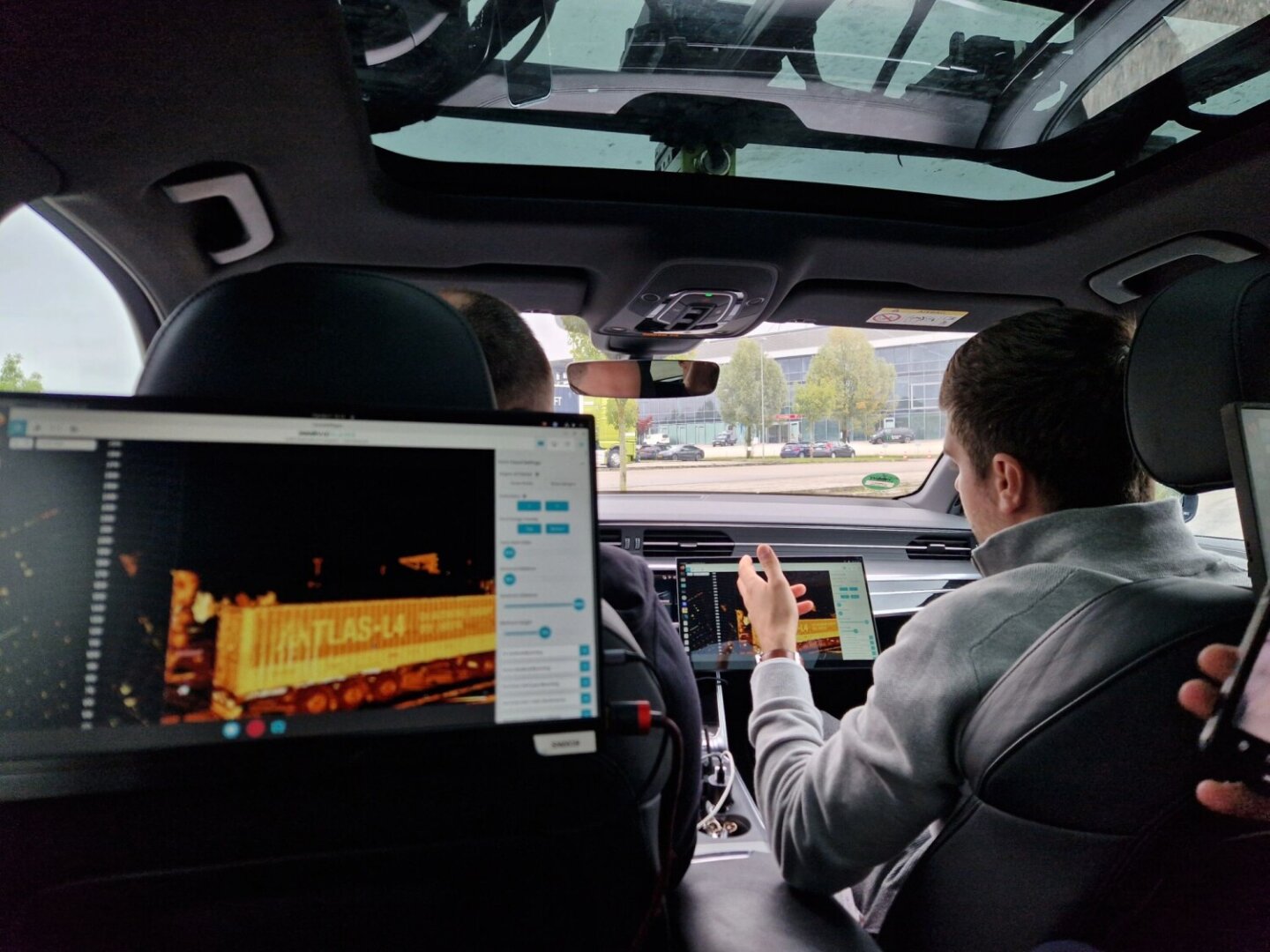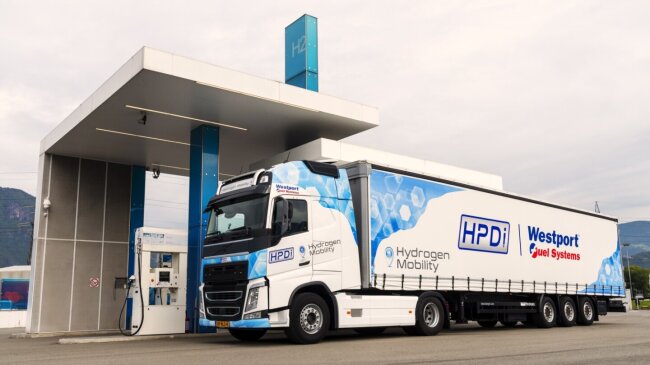From Pilots to Practice
CCAM forms the backbone of future-proof mobility systems. By enabling vehicles to communicate with each other and with the infrastructure, not only is road safety improved, but traffic flow and sustainability are enhanced as well. Germany embraced this vision early on. In Ingolstadt (Bavaria), under the leadership of Bayern Innovativ, intensive work is being done to build ecosystems where automotive manufacturers, software companies, and public authorities jointly experiment with autonomous driving under real-life conditions.
During the “Autonomous and Connected Driving in Bavaria” conference, leading stakeholders come together to present the latest technologies and share insights – from sensor innovations to vehicle-to-infrastructure communication. Such gatherings highlight Germany’s unique strength: the close interconnection between OEMs, suppliers, and research centres, working hand in hand to push the boundaries of automation.

Baden-Württemberg: Where Software Meets Manufacturing
In Baden-Württemberg, the focus is on integrating digitalisation into both manufacturing processes and vehicles themselves. This year’s Automotive Suppliers’ Day Baden-Württemberg revolves around “software-defined production” and “software-defined vehicles.” As a result, the competitive edge is shifting from traditional hardware towards intelligent, self-learning systems that continuously evolve through data.
The region is home not only to major players like Mercedes-Benz, Bosch, and ZF, but also to a strong network of medium-sized high-tech companies and research institutes. Together, they form an ecosystem that serves as a model for Europe. For the Netherlands – with its strong position in smart mobility, testing infrastructures, and digital twin technologies – this creates valuable opportunities for collaboration.
The Netherlands and Germany: Partners in Digital Mobility
The CCAM mission held from 6–8 October 2025, organised by RAI Automotive Industry NL and the Netherlands Embassy in Germany with support from RVO, was designed with exactly this goal in mind: to stimulate knowledge exchange, strengthen cooperation, and accelerate innovation between both countries. By taking part in this mission, Dutch companies and knowledge institutions gained direct access to the core of Europe’s CCAM ecosystem.
Shaping the Mobility of Tomorrow Together
The future of mobility lies in the connection between technology, infrastructure, and international collaboration. While Germany excels in industrial scale and integration, the Netherlands stands out in systems thinking, data infrastructures, and public-private cooperation. By combining these strengths, Europe can maintain its leading position in the global development of connected and automated mobility.





